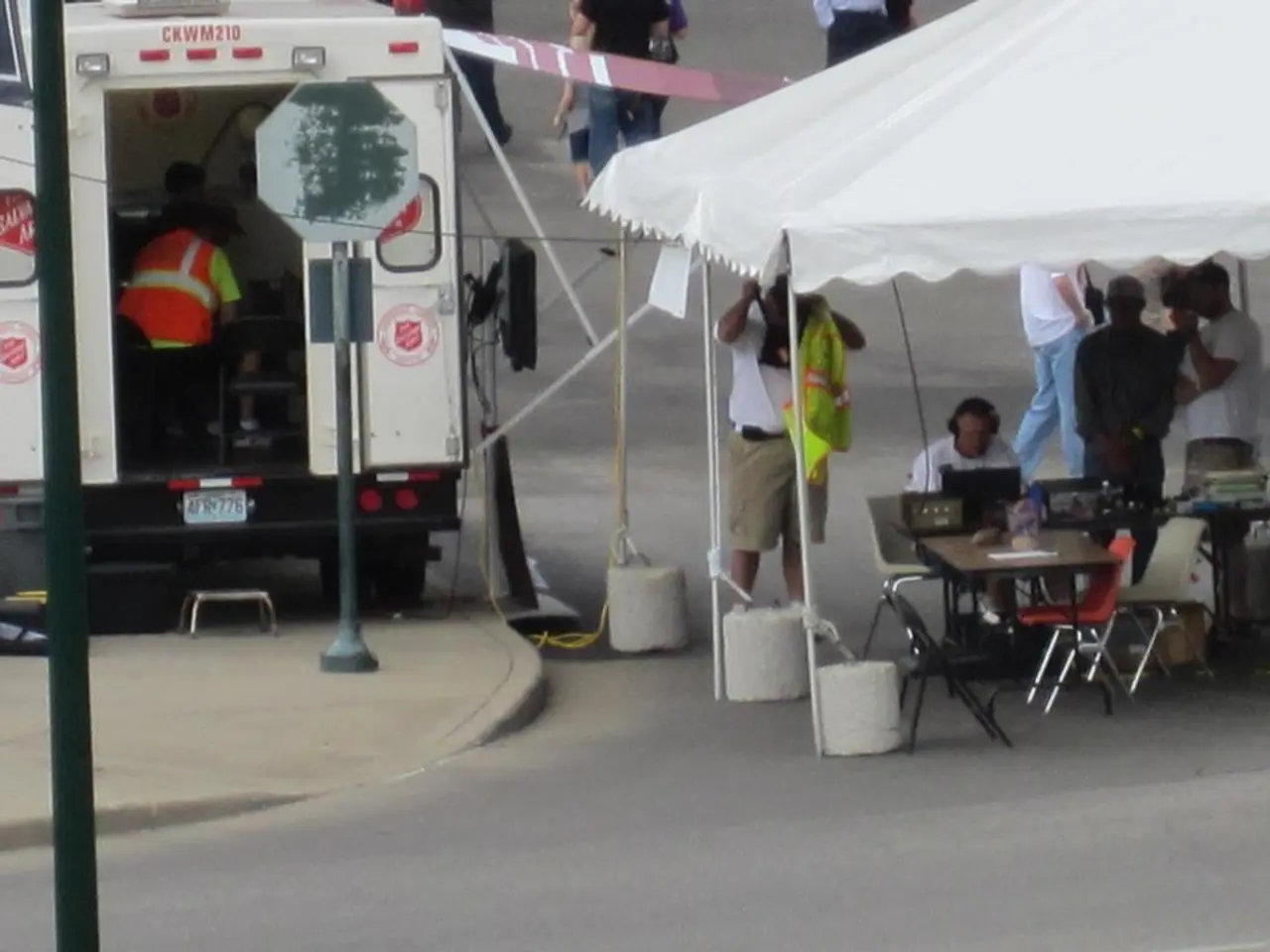Foreign Ministers from various countries express concern about the alarming conditions in Gaza, describing them as unfathomable.
The international community is expressing alarm over the deteriorating humanitarian situation in the Gaza Strip, with foreign ministers from 26 countries, including Japan, the European Union, Britain, and France, calling for urgent action to prevent widespread starvation and human suffering.
The crisis in Gaza, which has been ongoing for several years, has led to extreme hunger for over 2 million residents, with food supplies nearly exhausted and widespread malnutrition affecting children, pregnant women, and the elderly. Hospitals are overwhelmed treating severe malnutrition cases and war injuries.
According to the United Nations, Gaza is on the brink of famine, with one in three people going without food for days. The UN warns that half a million people could enter IPC Phase 5, characterized by starvation and death, by September 2025.
The situation in Gaza has been exacerbated by the Israeli government's policy of blocking or severely restricting aid, resulting in humanitarian aid entering the region as a small trickle, insufficient to meet the population's needs. This policy has been criticized by the international community, including the UN leaders, humanitarian organizations, and human rights bodies.
The crisis has taken a heavy toll on Gaza's infrastructure, with about 70% of it destroyed since October 2023, including critical health facilities. As a result, displacement is rampant due to intensified military operations, with Palestinians forced to move into unsafe and undersupplied areas, further exacerbating humanitarian needs.
The foreign ministers' concerns are not limited to the unprecedented scale of civilian suffering and the potential for mass starvation and death within Gaza. They also include the humanitarian imperative to uphold international law, protect civilians, ensure humane treatment of detainees, and facilitate the unimpeded delivery of aid. Moreover, they fear that the escalating conflict risks destabilizing the broader region and undermining prospects for peace and security.
In response to the crisis, the top diplomats have urged "urgent action" to halt and reverse starvation in Gaza and argued that "lethal force must not be used at distribution sites." However, many Gazan residents have been shot and killed while trying to reach food at aid sites operated by Israel and the United States.
Israel has faced criticism for its actions in Gaza, with accusations of failing to provide evidence to support its claims against Hamas and the United Nations. The Israeli government has not yet taken significant steps to address the root causes of the crisis in Gaza, despite international concerns and calls for urgent action.
The situation in Gaza remains a subject of ongoing international scrutiny and debate. Israel has accused the United Nations of failing to deliver supplies in Gaza, but the World Health Organization Director-General, Tedros Adhanom Ghebreyesus, has described the situation in Gaza as manmade mass starvation. Despite Israel's plans to promote the influx of supplies, Gaza remains in a state of crisis.
In conclusion, Gaza faces a severe and worsening humanitarian catastrophe driven by prolonged conflict, infrastructure destruction, severe food insecurity, and almost total disruption of medical and humanitarian services. The international community’s foreign ministers are urging decisive action to prevent widespread starvation and human suffering by restoring aid flows and stabilizing the situation.
- Photos of the critical condition of hospitals in Gaza, struggling to treat severe malnutrition cases and war injuries, have been shared worldwide, adding to the international outcry over the humanitarian crisis.
- The crisis in Gaza has raised concerns in the realm of science and health-and-wellness, as the UN predicts half a million people could enter IPC Phase 5, characterized by starvation and death, by September 2025.
- In the realm of politics and general-news, the foreign ministers' plea for urgent action to prevent widespread starvation and human suffering in Gaza has been overshadowed by accusations and counter-claims about the responsibility for the crisis between Israel and the international community.
- In the context of crime-and-justice, the shooting and killing of Gazan residents while trying to reach food at aid sites has sparked outrage, with calls for ensuring the humane treatment of civilians and halting lethal force at distribution sites.




